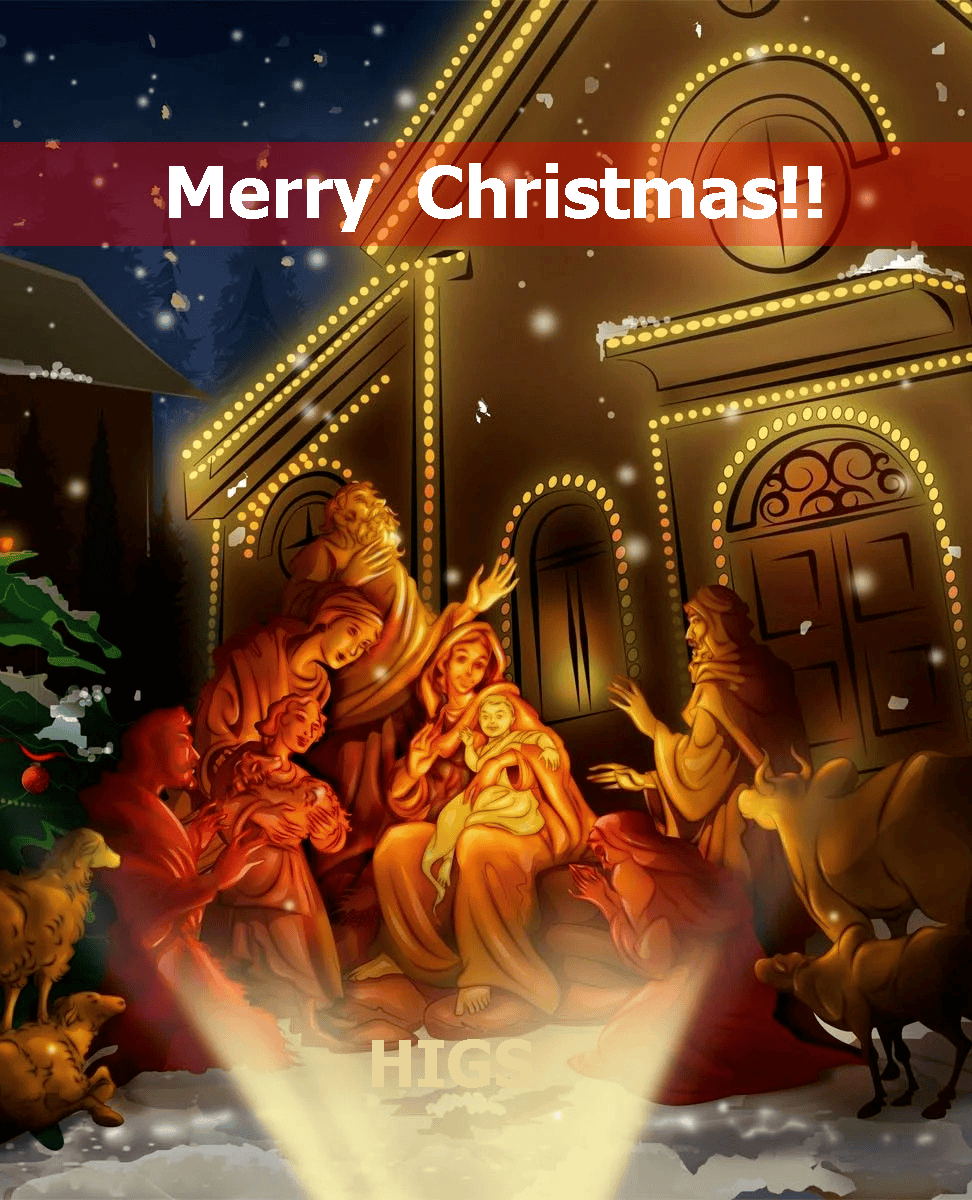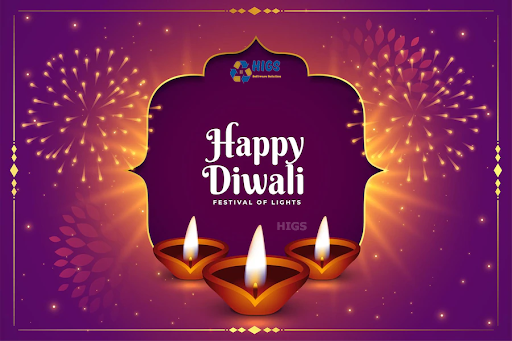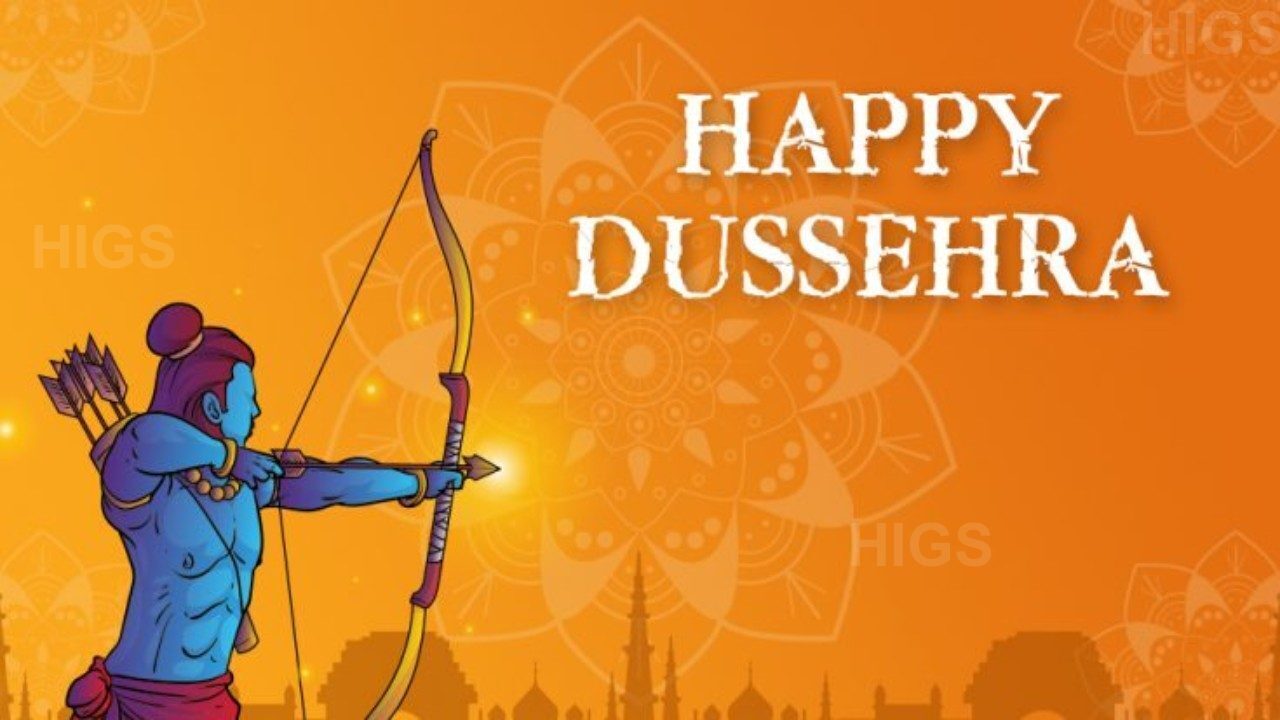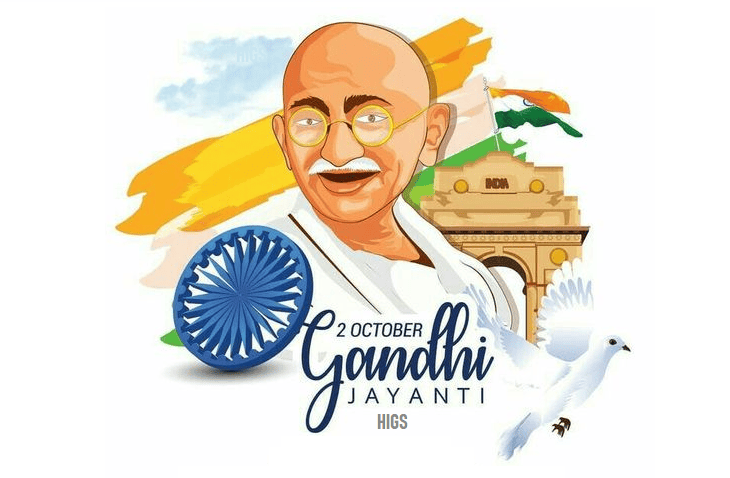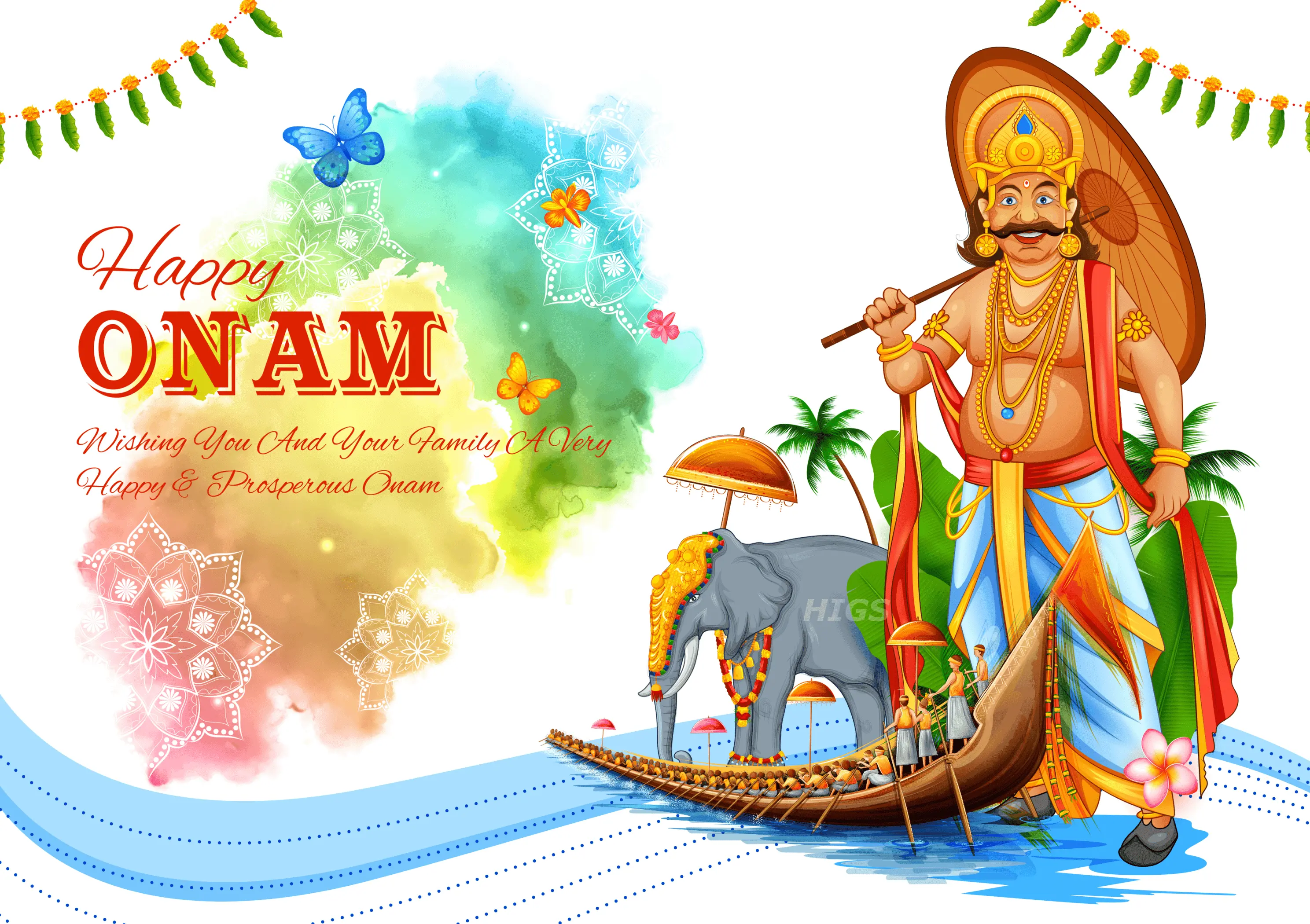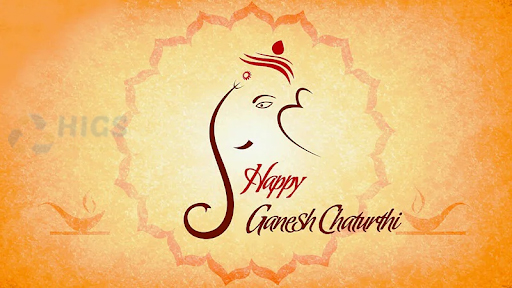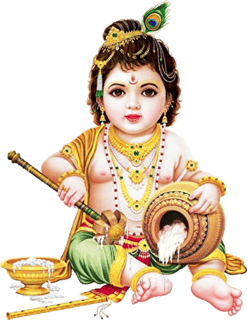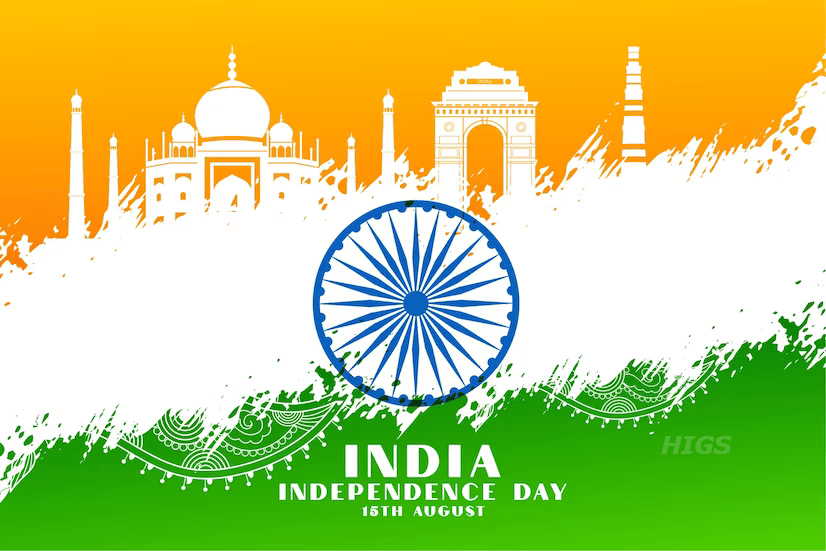Happy New Year 2025! New Year’s Day on January 1st (Wednesday) in the Georgian calendar is celebrated in many countries. 'New Year' is an event that takes place when the world celebrates the end of one year and the beginning of the next. In the Gregorian calendar, the most widely used calendar system today, the first day of January is often considered a national holiday across the globe. However, in some countries like China, the first day of the year is celebrated according to their own calendar.
Out with the old, in with the new,
We wish you a very fresh 2025 New Year for all.
January 1st will be recognized by most countries across the globe. Julius Caesar, the emperor of Rome, was the first to declare January 1st- a national holiday.
You can get more New Year Wishes, Happy New Year 2025 Images, Happy New Year quotes, and more.
Which country will celebrate the New Year first?
KIRIBATI- is an island country in Oceania and it is the first country to celebrate the new year. Kiribati people will welcome New Year’s Day at 10 AM GMT (3:30 PM IST).
Which country celebrates the new year at last?
The last countries that celebrate New Year are Baker Island and Howland Island (part of the United States Minor Outlying Islands).
Interesting New Year's traditions around the world
Here are some New Year’s traditions from around the world.
- joystick In Italy, people wear red underwear on New Year’s Day to believe in good luck.
- joystick In Japan, people follow a tradition called Namahage where men dress up as demons to scare children into behaving.
- joystick In Japan, people eat "Toshi Koshi soba," a dish of buckwheat noodles, to symbolize longevity and resilience.
- joystick In Colombia, on New Year's Eve, people walk around the block with an empty suitcase to wish for a year of travel and adventure.
- joystick In Greece, people hang an onion outside their door after church service on New Year's Day to symbolize fertility and growth.
- joystick In Denmark, people throw unused plates at their neighbors' doors to wish them luck.
- joystick In the Philippines, Filipinos wear their traditional dress Polka dots to address wealth and prosperity.
Is 2025 a leap Year?
Since 2025 is not divisible by four, it is not a leap year. The next leap year will be 2028.
“Wishing You Nothing But Health And Wealth In The New Year Ahead”
— HIGS
New Year's Eve celebration
In many cities across the world, fireworks displays take place as soon as the clock strikes midnight on the last day of the year (December 31).
Out with the old, in with the new,
The new year is a perfect time to make a change for the better. The tradition of making New Year's resolutions is more common in the western hemisphere but also exists in the eastern hemisphere. This tradition involves a person making a commitment to change an unwanted habit or behaviour or setting a personal objective. Typical New Year's resolutions might be to give up smoking, eat healthier food, do more exercise, become more organised or laugh more – but really, a New Year's resolution can be almost anything. However, research suggests that many New Year's resolutions fail. Being realistic about the objectives you set and not making too many New Year's resolutions might help you to achieve success.
New Year WIshes in Tamil (2025)
“ இந்த புத்தாண்டு உங்கள் வாழ்க்கையில் நம்பிக்கை, மகிழ்ச்சி மற்றும் நேர்மறை நிறைந்த ஒரு புதிய அத்தியாயத்தின் தொடக்கமாக இருக்கட்டும். புத்தாண்டு வாழ்
த்துக்கள் ! ”
New Year's History
Civilizations around the world have been celebrating the beginning of each new year for decades. The city of Babylon in ancient Mesopotamia was where the first New Year's celebrations took place about 4,000 years ago. New year's day is considered to have a Romanian origin.
The Roman king Numa Pompilius, during his reign (c. 715–673 BCE), revised the Roman republican calendar so that January replaced March as the first month. In 46 BCE Julius Caesar introduced more changes, though the Julian calendar, as it became known, retained January 1 as the year’s opening date.
In some cultures, New Year's Day coincided with the Annunciation of Jesus. In England, the Feast of the Annunciation on March 25, was the first day of the new year until the adoption of the Gregorian calendar in 1752. It is also believed that the tradition of exchanging gifts on New Year's Day originated in the 7th century. Over time non-Christian countries also began to use the Gregorian calendar. China (1912) is a notable example, though it continued to celebrate the Chinese New Year according to a lunar calendar. In fact, many countries that follow the Gregorian calendar also have other traditional or religious calendars. Some nations never adopted the Gregorian calendar and thus started the year on dates other than January 1.
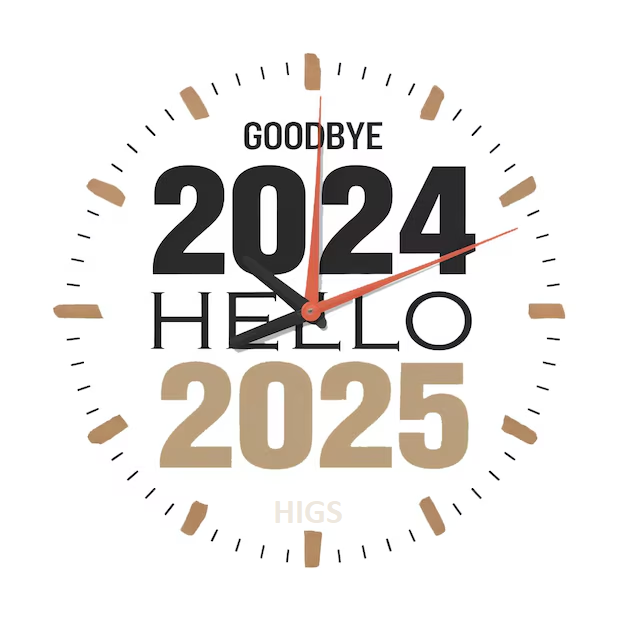
Which country celebrates New Year first?
The New Year is celebrated first in Oceania, and the event is first observed in the tiny Pacific island nations of Tonga, Samoa, and Kiribati. New Zealand follows next in celebrating the New Year, followed by Australia, Japan, and South Korea, while the last place to celebrate New Year is Bakers Island which lies in the central Pacific Ocean.
New Year Celebration
People greet and wish each other a Happy New Year. Exchanging messages, greeting cards and gifts is part of the New Year celebration. The media covers many New Year events which are showcased on prime channels for most of the day. People who decide to stay indoors resort to these New Year shows for entertainment and fun. The age-old tradition of planning new resolutions for the coming year is a common sight. A few of the most popular resolutions include losing weight, developing good habits, and working hard.
We Wish This New Year Brings You A Lot Of Joy Happiness , Good Health And Indeed Wealth Have A Rocking Year . HIGS Wish You A Happy New Year !!!
— HIGS
Happy new year 2025!
What is the reason for the New year?
The origin of January 1 marking the New Year dates back to 46 B.C, when Julius Caesar has formed the solar Julian calendar. This was effective after the old lunar-based Roman calendar became ineffective.
Here's to a year of abundant happiness and success! Wishing you health, wealth, love, and cheer throughout 2025 - May it be your most amazing year yet!
To celebrate the occasion, ancient people would offer sacrifices to the god of beginnings, add laurel branches to their homes as decorations, and exchange gifts.
WHERE IS THE ORIGIN OF THE NEW YEAR?
The earliest known record of a New Year festival dates from about 2000 bce in Mesopotamia, where in Babylonia the new year began with the new moon after the spring that is during mid-March, and in Assyria with the new moon nearest the autumn equinox that is during mid-September.

NEW YEAR CELEBRATION
- On the night of 31 December and the morning of 1 January, people in many countries all over the world will celebrate the beginning of a new year.
- The last day of the year is commonly referred to as “New Year's Eve”
-
Every nation has its very own and unique heritage to celebrate new year every year. In that case India also has the unique style of celebrating new year.
- All the states of India have their own new year traditions. As per their very old heritage, many states of India celebrate the new year with the following names such as, Yugadi, Pohela Boishakh, Navreh, Puthandu, Baisakhi, Bohag Bihu,Gudi Padwa, and more.
Where did the first new year start?
About 4000 years ago, the city of Babylon in ancient Mesopotamia was where the first New Year's celebrations were noted.
🌟 New Year Wishes in Malayalam (2025) 🌟
Now, you can download Happy Diwali wishes in Hindi, Tamil, and English.
- 1. സ്നേഹവും സന്തോഷവും പുത്തന് പ്രതീക്ഷകളും നിറഞ്ഞ പുതുവര്ഷം ഏവര്ക്കും വന്നണയട്ടെ - ഹാപ്പി ന്യൂ ഇയര്
- 2. സ്വപ്നങ്ങൾ യാഥാർഥ്യമാകട്ടെ, ഈ വർഷം തുടക്കമാകട്ടെ. ഏവർക്കും ഹൃദ്യമായ പുതുവത്സരാശംസകൾ
- 3. പഞ്ഞവും പ്രയാസങ്ങളും അകന്നു പോകട്ടെ, ഐശ്വര്യവും ആനന്ദവും നിറയട്ടെ. പുതുവര്ഷം ആശംസിക്കുന്നു
- 4. പുതിയ പ്രതീക്ഷകളുടെ പൊന്നിൻ ചിങ്ങത്തെ കൈ നീട്ടി സ്വീകരിക്കാം, ഏവർക്കും ആശംസകൾ
- 5. പൊന്നുവിളയുന്ന കൃഷിയിടം, നന്മ വിടരുന്ന മലയാളം, സമൃദ്ധിയുടെ പുതുവത്സരാശംസകൾ”
🌟 New Year wishes in Telugu (2025) 🌟
- 1. ఆశలు లేని నా జీవితంలో కొత్త కాంతులు తీసుకొచ్చిన నీకు.. నూతన సంవత్సర శుభాకాంక్షలు
- 2. నువ్ పరిచయం కాకముందే ప్రతీ సంవత్సరం పాత సంవత్సరమే.. నీ పరిచయంతో ప్రతిరోజూ కొత్త సంవత్సరమే.. హ్యాపీ న్యూ ఇయర్ మై డియర్
.
- 3. కిందటి ఏడాది నీ పరిచయం.. ఈ ఏడాది కావాలి మనకు వివాహం.. హ్యాపీ న్యూ ఇయర్..
- 4. నా జీవితంలో నిన్ను నా ప్రేయసిగా పొందడం నా అదృష్టం. ప్రియతమా నూతన సంవత్సర శుభాకాంక్షలు.
- 5. నువ్వు నాతో ఉన్నప్పుడు ప్రపంచాన్నే మర్చిపోతాను. నేను ప్రతి సెకను నీతో గడపాలనుకుంటున్నాను. నూతన సంవత్సర శుభాకాంక్షలు.
🌟 New Year wishes in Kannada (2025) 🌟
- 1. ನಿಮ್ಮೆಲ್ಲರಿಗೂ ಹೊಸ ವರ್ಷ ಸುಖಮಯವಾಗಿರಲಿ ಎಂದು ಹಾರೈಸುತ್ತೇನೆ. ಈ ವರ್ಷ ನಿಮ್ಮ ಎಲ್ಲಾ ಕನಸುಗಳು ಸಾಕಾರಗೊಳ್ಳಲಿ. ಹೊಸ ವರ್ಷದ ಶುಭಾಶಯಗಳು
- 2. 2025 ನಿಮಗೆ, ನಿಮ್ಮ ಕುಟುಂಬಕ್ಕೆ ಆರೋಗ್ಯ, ಸಡಗರ, ಯಶಸ್ಸು, ಸಮೃದ್ಧಿ ದಯಪಾಲಿಸಲಿ. ಎಲ್ಲರಿಗೂ ಹೊಸ ವರ್ಷದ ಶುಭಾಶಯಗಳು
- 3. ನಿಮ್ಮ ಪ್ರತಿಯೊಂದು ಹೆಜ್ಜೆಯೂ ಸುಖಕರವಾಗಿರಲಿ. ಕನಸುಗಳು ಈಡೇರಲಿ, ಹೊಸ ವರ್ಷ ನಿಮ್ಮ ಜೀವನದಲ್ಲಿ ನವೋಲ್ಲಾಸ ತುಂಬಲಿ. ಹೊಸ ವರ್ಷದ ಶುಭಾಶಯಗಳು
- 4. ಹೊಸ ವರ್ಷ ನಮ್ಮ ಮುಂದಿದೆ, ಬದುಕಿನ ಹೊಸದೊಂದು ಅಧ್ಯಾಯ ನಮ್ಮ ಮುಂದಿದೆ. ಸರಿಯಾಗಿ ಬಳಸೋಣ, ಎಲ್ಲರಿಗೂ ಹೊಸ ವರ್ಷದ ಶುಭಾಶಯಗಳು.
- 5. ಈ ವರ್ಷವು ಆರೋಗ್ಯ ಮತ್ತು ಸಂತೋಷದಿಂದ ತುಂಬಿರಲಿ, ನಿಮ್ಮ ದಿನಗಳು ಆನಂದಮಯವಾಗಿರಲಿ ಎಲ್ಲಾ ದುಃಖಗಳು ದೇವರಿಂದ ನಾಶವಾಗಲಿ ಮತ್ತು ನೀವು ಉತ್ತಮವಾದ ಆಶೀರ್ವಾದಗಳನ್ನು ಪಡೆಯಿರಿ. ಹೊಸ ವರ್ಷದ ಶುಭಾಶಯಗಳು
🌟 New Year Wishes in Gujarati (2025) 🌟
- 1. સપના અને મહત્વાકાંક્ષાથી નવા વર્ષને સ્વીકારો.
તમને ખુશીથી ભરેલા નવા વર્ષની શુભકામના
- 2. સપના અને મહત્વાકાંક્ષાથી નવા વર્ષને સ્વીકારો.
તમને ખુશીથી ભરેલા નવા વર્ષની શુભકામના
- 3. આજથી શરૂ થઇ રહેલું નૂતન વર્ષ સુખદાયી, ફળદાયી અને પ્રગતિ આપનારું નીવડે તેવી અંતઃકરણપૂર્વકની શુભકામના, ભાઇ બીજ શુભેચ્છા સંદેશા અહીં વાંચો
- 4. નૂતન સંકલ્પ,નૂતન આશા,નવીન વિચાર અને નવીન ઉત્સાહયુક્ત નવ વર્ષની ખૂબ ખૂબ શુભેચ્છાઓ
નવા વર્ષના સાલ મુબારક
🌟 New Year Wishes in Hindi (2025) 🌟
- 1. नए साल के लिए खुशियों भरी शुभकामनाएं।
- 2. 2025 में आपके लिए स्वास्थ्य, धन और हर दिन आने वाले नए आशीर्वाद की कामना करता हूँ।
- 3. नए साल की शुभकामनाएँ! देखो आप कितनी दूर आ गए हैं और आनंद लेना मत भूलना!
“Happy New Year! Let’s eat, drink, and be merry! Write it on your heart that every day is the best day in the year”
— HIGS
How do we celebrate New Year's eve?
New Year's Eve is celebrated by gathering with friends and family. Popular rituals include serving food that symbolizes good fortune and making resolutions concerning what one hopes to accomplish in the next year. Families enjoy the New Year by counting down to midnight on New Year's Eve on 31 December.
What food can be eaten during the New year?
There are so many dishes and foods eaten by people across the world during the new year. Here, we give you some notable foods that are considered as the lucky foods to be eaten during the new year.
Along with black-eyed peas, some cultures believe that grapes, noodles, pork, or pomegranates can be considered lucky when eaten on New Year.
Wishing you a Happy New Year with the hope that you will have many blessings in the year to come.
-HIGS





